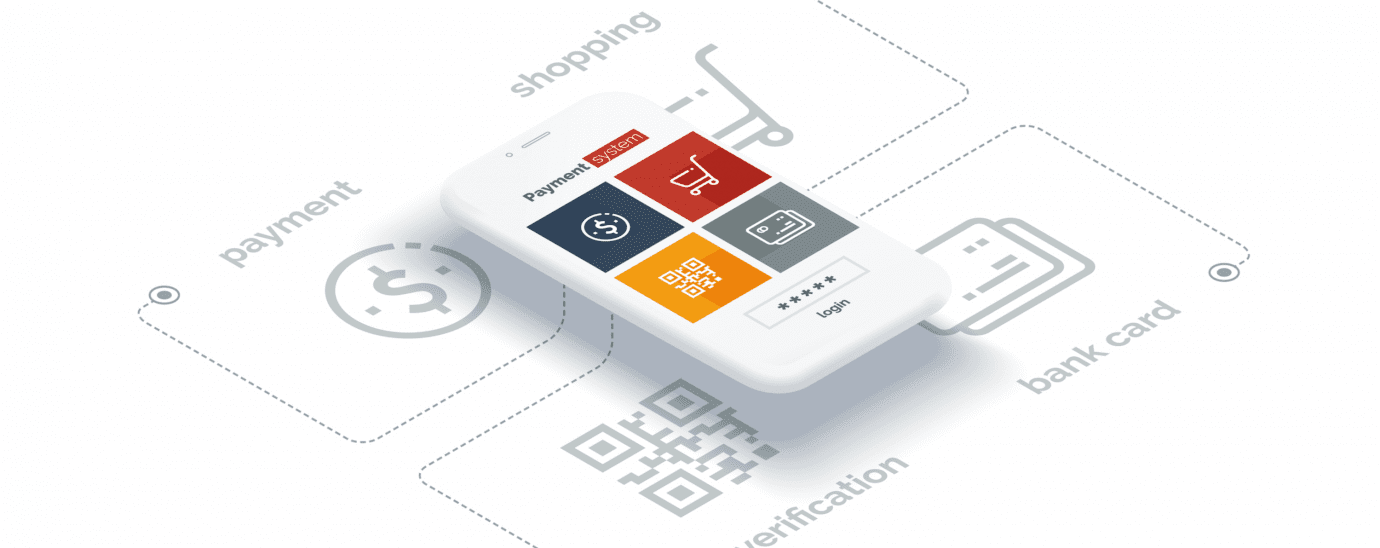Global Real-Time Payments Transactions Surge During Pandemic

Global Real-Time Payments Transactions Surge by 41 Percent in 2020 as COVID-19 Pandemic Accelerates Shift to Digital Payments – New ACI Worldwide Research Reveals
- ACI Worldwide and GlobalData launch 2021 “Prime-Time for Real Time,” a global report tracking and analyzing real-time payments volumes, growth and dynamics across 48 global markets
- India, China, South Korea, Thailand and the UK rank in order as top five countries generating real-time transactions in 2020
- Croatia, Colombia, Malaysia, Peru and Finland rank in order as top five countries with the highest compound annual growth rates in 2020
More than 70.3 billion real-time payments transactions were processed globally in 2020, a surge of 41 percent compared to the previous year, as the COVID-19 pandemic dramatically accelerated trends away from cash and checks toward greater reliance on real-time and digital payments, a new global report from ACI Worldwide (NASDAQ: ACIW) and GlobalData reveals. The second installment of ‘Prime-Time for Real-Time,’ first launched in 2020, analyzes global real-time, account-to-account payment volumes and forecasts across 48 global markets. It projects a Compound Annual Growth Rate (CAGR) for real-time payments of 23.6 percent from 2020 to 2025.
With millions of people globally having to change the way they work and live – and the way they shop and pay – mobile wallet adoption rose to an historic high of 46 percent in 2020, up from 40.6 percent in 2019 and 18.9 percent in 2018. Countries like Brazil, Mexico and Malaysia where many people historically relied on cash are now some of the fastest adopters of mobile wallets.
As the pandemic continues to drive changes in consumer and business behaviors, banks, merchants and intermediaries across the payment ecosystem are responding rapidly, prioritizing the shift to digital to protect current revenue streams, and searching for new ones through a fully digitized customer experience.
Advertisement

“The pandemic has cast the spotlight on the importance of digital payments and robust payment infrastructures, condensing a decade of anticipated innovation into one year and creating human behavioral changes that will not reverse as we emerge from the crisis,” said Jeremy Wilmot, chief product officer, ACI Worldwide. “Countries with a robust digital payments infrastructure already in place have coped better than those without when it comes to containing the economic impact of the pandemic. Real-time payments have enabled governments, working jointly with financial institutions, to accelerate much-needed disbursements and economic stimulus payments to their citizens. They have also enabled real-time liquidity to businesses that had to adapt to disrupted supply chains.”
“Real-time payments are still in a nascent stage worldwide, and mostly focused on the obvious use-case of P2P payments in many countries,” said Samuel Murrant, lead analyst, Payments, GlobalData. “However, the pandemic has provided an opportunity to accelerate the growth path for these instruments. As consumers become used to the speed of real-time settlement for P2P payments, they will naturally move to using them for e-commerce over the relatively slower and less convenient process of using cards online. From there, there is potential to move into in-store payments, once enough consumers recognize real-time payment brands and the user base is high enough to deliver sufficient value to merchants.”
Summary of Key Findings:
Global real-time payments growth:
- Total number of real-time transactions in 2020 was 70.3 bn, up 41 percent from 50.0 bn in 2019
- The real-time share of global electronic transactions in 2020 was 9.8 percent, up from 7.6 percent in 2019; it is predicted to be 17.4 percent by 2025
- The value of real-time transactions was up by 32.8 percent from 2019, rising from $69tn to $92tn; the expected CAGR by 2025 is 12 percent
Top 10 countries globally by number of real-time transactions in 2020:
- India retains the top spot with 25.5bn real-time payments transactions, followed by China with 15.7bn transactions; South Korea is in 3rd place with 6.0bn, Thailand 4th with 5.2bn and UK is in 5th place with 2.8bn
- Nigeria follows in 6th place with 1.9bn transactions, Japan in 7th with 1.7bn
- Brazil climbs into the global top 10 at 8th with the launch of PIX, with 1.3bn transactions driving a 58 percent YoY increase from 2019 to 2020. Expect to see the country climbing even higher next year with a 5-year growth prediction of 25.3 percent CAGR
- The US ranks 9th with 1.2bn transactions and Mexico ranks 10th with 942mn
Fastest growing countries for real-time payments:
- The top spot goes to Croatia with an expected CAGR of 374.4 percent between 2020 and 2025, followed by Colombia (112.7 percent), Malaysia (83.9 percent), Peru (74.4 percent) and Finland (71.4 percent)
- The highest growth region (CAGR 2020-2025) is predicted to be North America (36.5 percent), as both Canada and the US modernize and drive their new real-time systems (RTR and FedNow)
Global mobile wallet adoption:
- Mobile wallet adoption rose to an historic high of 46 percent in 2020, up from 40.6 percent in 2019 and 18.9 percent in 2018
- Total mobile wallet transactions amounted to 102.7 bn in 2020 and are expected to reach 2,582.8 bn by 2025
Payments fraud:
- Globally, card-related fraud remains highest in terms of reported incidents from consumers, but fraud incidents associated with real-time payments were on the rise from 2019 to 2020 as fraudsters tend to target new channels
- Real-time payments scams that were on the rise include: confidence tricks (12.5 percent of all fraud instances in 2019, rising to 13.7 percent in 2020), Identity theft (6 percent rising to 11.6 percent) and digital wallet account hacks (4.4 percent rising to 6.2 percent)
- Top three fraud types in North America include:
- Card details stolen/skimmed at a merchant location (e.g. at a retailer, restaurant, gas station, hotel, taxi) – 22 percent
- Card details stolen on the internet – 20 percent
- Personal information stolen and used to apply for financial products – 14 percent
About ACI Worldwide
ACI Worldwide is a global software company that provides mission-critical real-time payment solutions to corporations. Customers use our proven, scalable and secure solutions to process and manage digital payments, enable omni-commerce payments, present and process bill payments, and manage fraud and risk. We combine our global footprint with local presence to drive the real-time digital transformation of payments and commerce.
About GlobalData
4,000 of the world’s largest companies, including over 70% of FTSE 100 and 60% of Fortune 100 companies, make more timely and better business decisions thanks to GlobalData’s unique data, expert analysis and innovative solutions, all in one platform. GlobalData’s mission is to help our clients decode the future to be more successful and innovative across a range of industries, including the healthcare, consumer, retail, financial, technology and professional services sector.
% of Fortune 100 companies,
